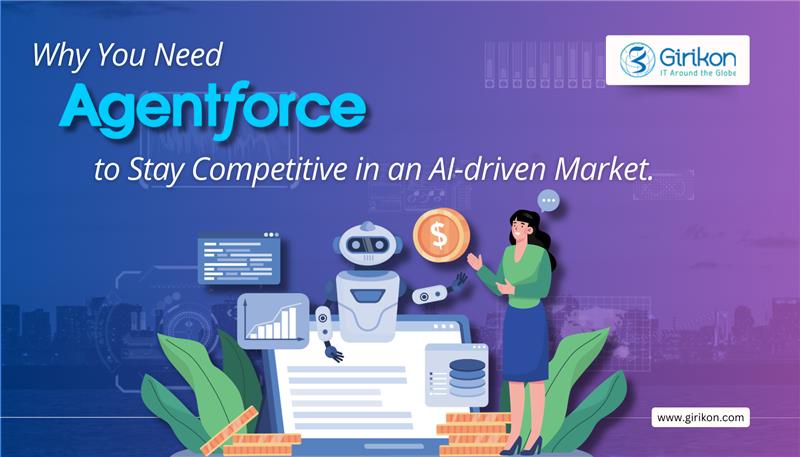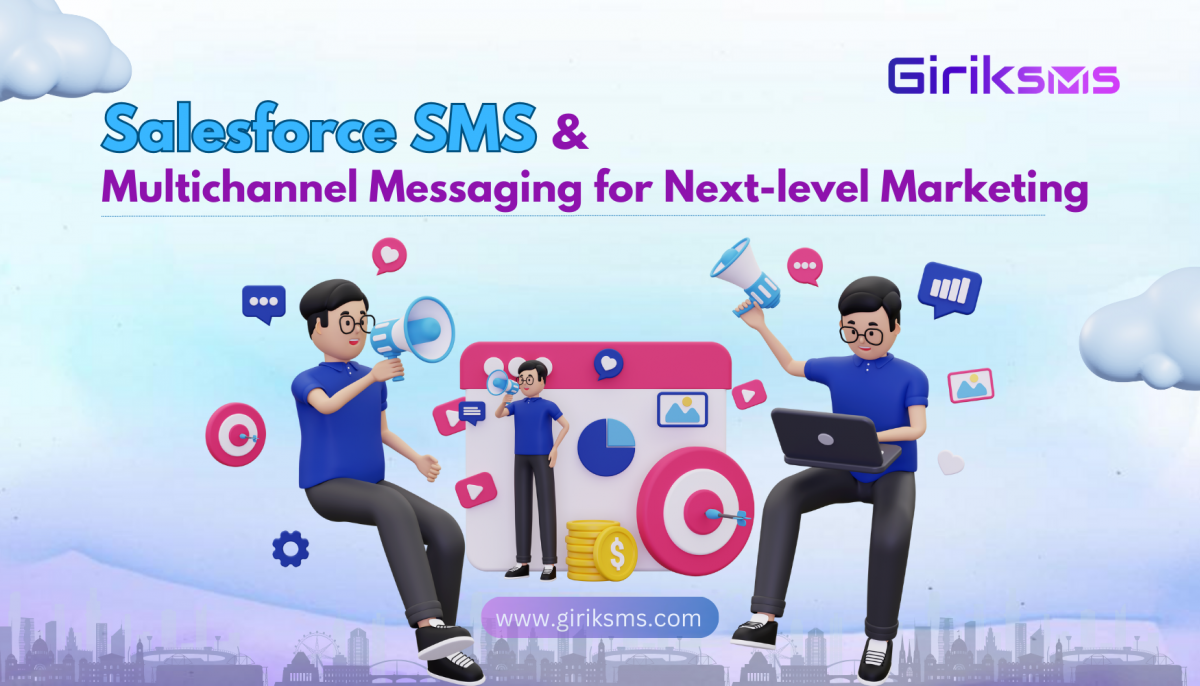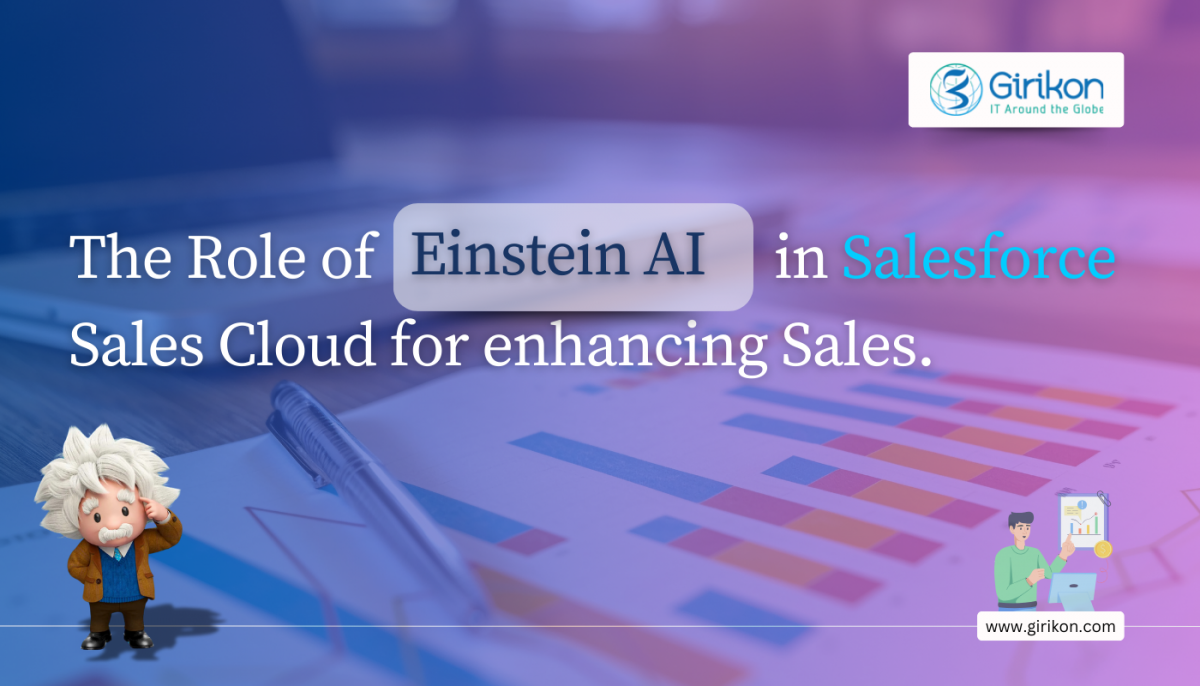Salesforce Einstein Vision
-
December 24, 2018
-
Uditi Jain
The true potential of image recognition has been utilised by Salesforce Einstein.
Isn’t exceptional if we have something that categorises customer into similar groups by filtering keywords in customer reviews and other media to group related cases and assign
them to the accountable customer service executive. It will enhance customers service process leaving high customer satisfaction rate.
With the adoption of image recognition, the business can better understand customer preferences and lifestyle through their social media images and their other actions.
This is achievable with Salesforce Einstein Vision and its ability to recognise the image. Now, the user can leverage pre-trained classifiers such as food, picture, general or multi-label images in any app with just a few clicks.
Einstein vision makes it possible by creating API learning models for every possible use case that include visual search, brand detection, and object identification. It also works on signature prediction, Salesforce Einstein Vision API helps to upload signature image data sets in the Einstein Platform Service Account, train datasets and classify a signature image to get the Einstein prediction result. A Salesforce Consultants are doing best to map the business need with Salesforce Einstein peculiarities.
Salesforce has also introducing Einstein Vision for Social Studio, delivering AI-powered image recognition directly within Marketing Cloud’s social media marketing solution. Now, marketers can automate the discovery and identification of images, and respond appropriately. By understanding the photos that consumers post, marketers are empowered to reach consumers even when they have not specifically mentioned a brand, product or service by name.
Einstein Vision is designed using Salesforce Research’s computer vision discoveries and has created a simplified solution for all the complexities of AI for customers. This advances image recognition are making help towards success in a new era by enabling companies to discover insights about customers and predict consequences that lead to intelligent arrangements. The power of AI will be implemented in the Salesforce Community and we all are excited to see the power of AI in CRM.
Girikon as a Salesforce Consulting Partner has implemented Salesforce Einstein Vision making businesses develop and achieve a tremendous level of customer satisfaction.
With the progression in technology, business practices are shifting more towards automation.
#1 CRM, Salesforce is also packed with automated marketing component named Salesforce Marketing Cloud which is a platform for marketers that allows them to create and manage relationships with customers.
The Marketing Cloud consolidates integrated solutions for customer journey management, email, mobile, social media, web personalization, advertising, content creation, content management and data analysis. The business user can make predictive analytics to help make decisions such as, which is the best communication channel as per user response. It is endowed with a component called Journey Builder that helps marketers tailor campaigns to customer behavior and specifications, demographics and transmission channel choices.
The business user can take benefit of event-driven triggers to initiate actions like when a customer joins any new program, a trigger runs in the background to send a welcome message, other events could trigger data updates in the customer contact record.
The Marketing Cloud is also connected to Salesforce.com’s Sales Cloud and Service Cloud , which concedes coordination that produces a unified experience and prevents customers from being reached separately by marketers from all three groups.
The key characteristics of the Marketing Cloud include
➤ Messaging(Email / SMS) at every step of the customer journey, keeping the customer updated and involved within the process.
➤ Drag-and-drop segmentation makes the job easy for all type of users.
➤ 1:1 content personalization ensures customer specific content.
➤ CRM and cross-channel integration with external platforms make process management sound.
➤ A/B and random-split testing.
➤ Lead capture automatically via various sources capturing relevant details.
➤ Comprehensive, real-time tracking and reporting of the Organization progress.
➤ Pre-built templates and themes for better customer engagement.
Practicing Marketing cloud to manage marketing tasks takes organization brand to a different level, we as Salesforce Marketing Cloud Partner ensures following best practices to achieve the maximum throughput.
Salesforce is very handy in terms of integrating it with different platforms. It has allowed various platforms to sync resulting in enhanced user experience.
This package is also an integrated package resulting in an outstanding outcome. This package utilises Twilio API to enable direct SMS from Salesforce as more than 50% prospects prefer SMS over emails.
This package is developed on the Salesforce platform, allowing scheduling of Single / Bulk SMS / MMS campaigns from Objects and Reports. It empowers organisations to reach out to more customers quicker with Salesforce via scheduling features that use workflows to send the customised customer-specific messages.
The features of this package include,
● Individual & Bulk SMS / MMS
● Customised email template
● Interactive Chat window
● SMS notification on email
● Schedule SMS / MMS on the weekly/monthly basis
● SMS from Reports
● SMS History
● SMS usage tracking
● SMS OptOut feature
The user can create customizable SMS templates with dynamic field values and interactive emojis that give users an individual touch and allows tracking of all the SMS sent to their customers that provides a consolidated repository of SMS activities.
The businesses can keep the record of SMS usage in a graphical arrangement determining Outgoing SMS, Incoming SMS, etc.
Salesforce Community Cloud
-
October 22, 2018
-
Uditi Jain
Salesforce Community – A branded space for your employees, customers, and partners to connect.
Different business encounters different problems and consequently in order to fulfil the varied business requirement we need a hundred different solutions.
Salesforce is the most commonly used CRM tool around the globe, introduction to the community helps business users collaborate among staff, funders, members, volunteers and other supporters. The launch of such platform has made business users connected with all the customers on a single place as per their shared interest. Some businesses have also adopted this platform as a standalone platform in managing their client relationship.
What is Salesforce Community Cloud?
Community Cloud is a social platform from Salesforce.com that is designed to connect and facilitate communication among an organization’s employees, partners and customers.
For example, if your customer wants to know how many different products are there for choice, he doesn’t have to wait for your team to respond, he can see all the list on the community portal. If the company had a million customers and had to face a million requests a month its satisfying to present the customer with an updated database.
The solution to the problem is given by Salesforce in form of Community cloud that gives all the customers access to the Salesforce data so that they themselves can reach the product list and can also filter them as per their significance.
Apart from this, the business user can manage the access level of all the customers as per their association with the business. This is all taken charge by the Salesforce in order to maintain specific information visible to the users as there may be millions of customers and all they have the different type of involvement with the business.
It is an awesome way to share information, collaborate internally on projects/tasks, or communicate with customers in a more personalized way. Salesforce community cloud is accessible with Enterprise, Performance, Unlimited, and Developer editions of Salesforce.
Communities can serve a business by,
1. Driving more sales by connecting your team with your distributors, resellers, and suppliers.>
2. Delivering world-class service by giving customers one spot to get all their solutions within least time.
3. Managing social listening, content, engagement, and workflow in one place.
The use of community cloud may vary business by business, however, in the nutshell, it’s a way to share information accumulated in Salesforce without building costly users. There are many features on the community cloud and many tricks on how it can help drive your business smoothly.
Communities allow creating user ID and Passwords, or access for the users. However, instead of manually creating access, a business can leverage Salesforce’s Social Sign-on features. This allows access to the community through different social networks like LinkedIn, Twitter, Facebook, and Google, or even leverage Salesforce, Amazon, or even Azure Active Directory to permit login. Salesforce also supports OpenID Connect standard.
It also has some pre-built templates for business use and also gives the advantage to create front-end templates for community portal. For most simple use-cases, the user can customize it little for specific needs. However, giving it better look and feel business users prefer designing it via custom Visualforce force pages.
The custom template allows the customized way to log-on users to the community. The login and logout screen can be customized to match your website or brand UI. It also enables users to register themselves for a community through self-registration pages.
We as a Salesforce Consulting Partners has observed how our clients get profited after practising Community.
Automation has now become an indispensable part of every software and service, Salesforce Marketing Cloud is a packet of digital marketing automation and analytics. It’s good to see website analytics and email data that run together seamlessly and where we require it. More profits have come out with the partnership between Google Analytics 360 and Salesforce. It allows trailing campaign data and website performance metrics from Google Analytics and makes it available within Salesforce Marketing Cloud.
With this integration, transactions that occur outside of email, or landing page templates generated by the tool are traced. Google Analytics serves as a data hub covering the success of different campaigns from different tools, marketers can get a more comprehensive picture of their email journey and mobile marketing efforts and how they affect website behaviour and conversions.
Integration has allowed a new set of metrics accessible in the Marketing Cloud interface:
Site Usage
Sessions
Bounce Rate
Goals
Goal Completions
Goal Value
Goal Conversion Rate
Abandonment Rate
E-commerce
Ecommerce Conversion Rate
Revenue
Transactions
Average Order Value
Till now, there was no way to view Google Analytics data along with email metrics. The most simple solution to this problem has always been to use constant campaign tracking parameters, export data from diverse systems, and mix them together in a third reporting suite. Now the process has become simple which means marketers have perspicacity at an arm’s length. It tracks traffic on the website, check clicks to the website and determine the source of traffic on the site. Google Analytics 360 provides easy reporting. The integration uses campaign tracking parameters from emails to correlate website visits with a Marketing Cloud campaign.
When you connect this data with the offline exchange and qualified lead data from Salesforce Sales Cloud, we are proposing the free-flowing marketing data paradise we’ve all fantasised of.
With this increased feature, we as a Salesforce Consulting Partner are delighted as we can provide our customers with satisfying solutions.

 +1-480-382-1320
+1-480-382-1320 +61-1300-332-888
+61-1300-332-888 +91 9811400594
+91 9811400594


















